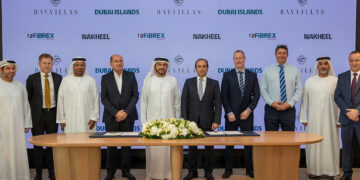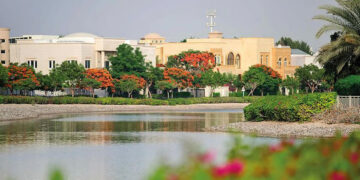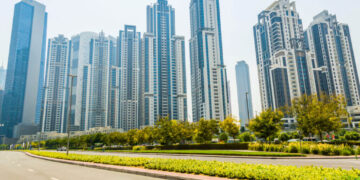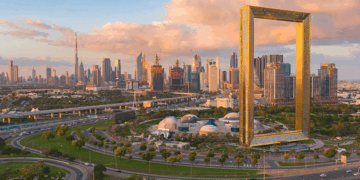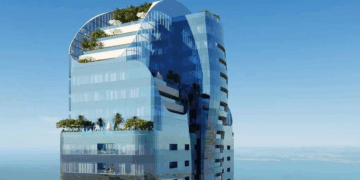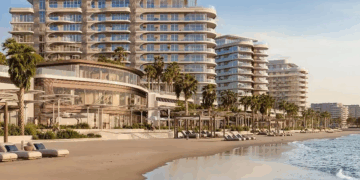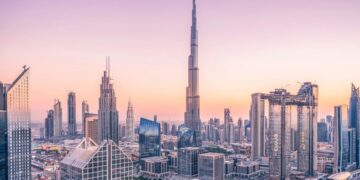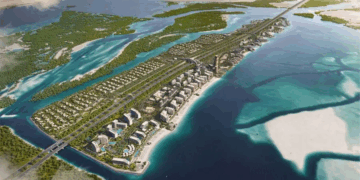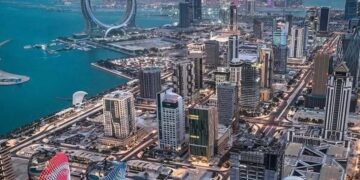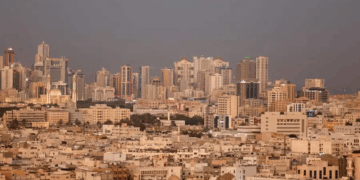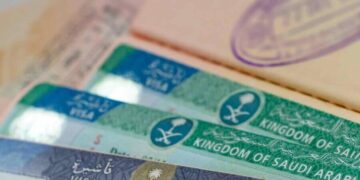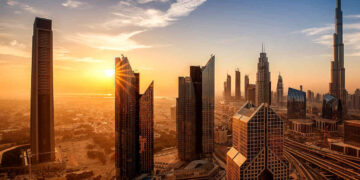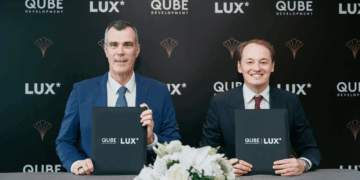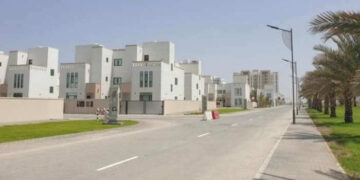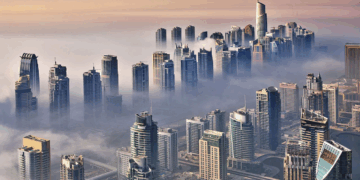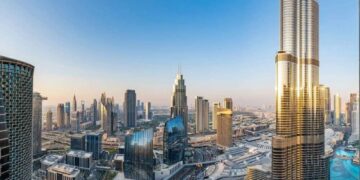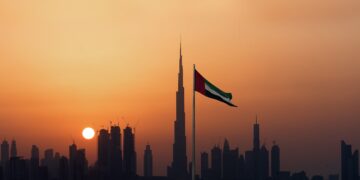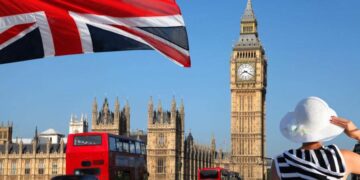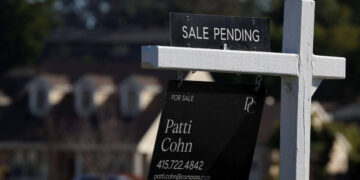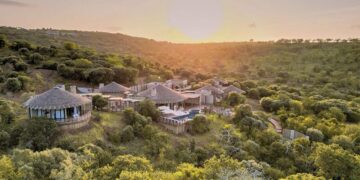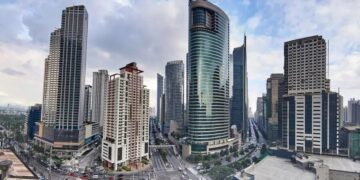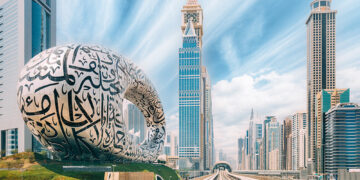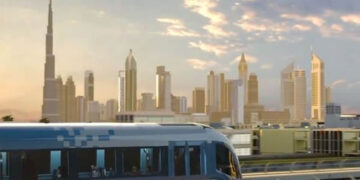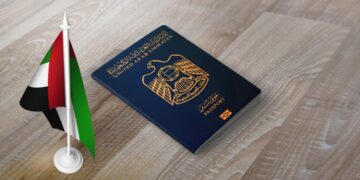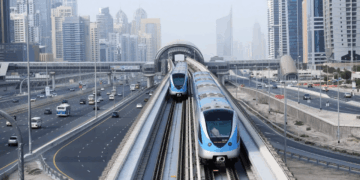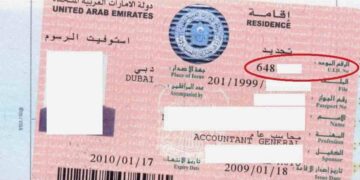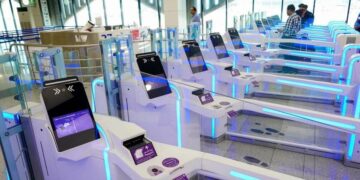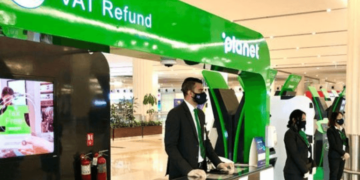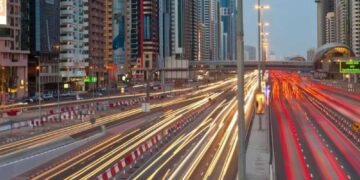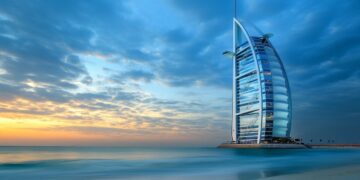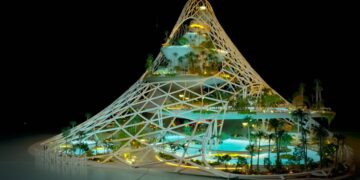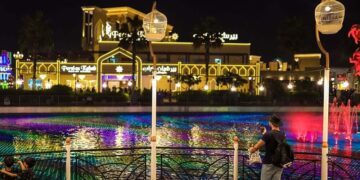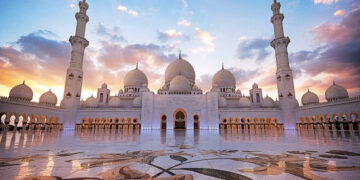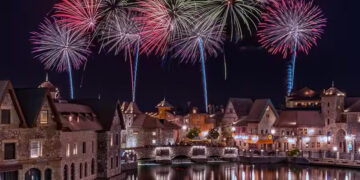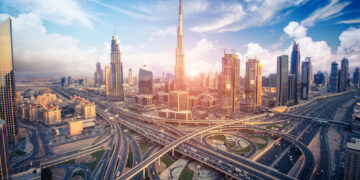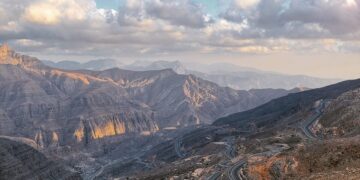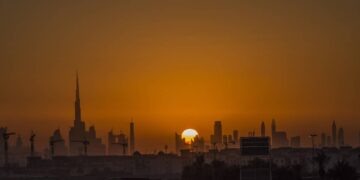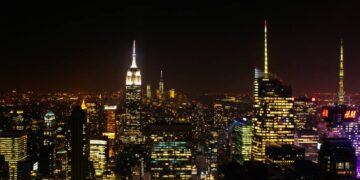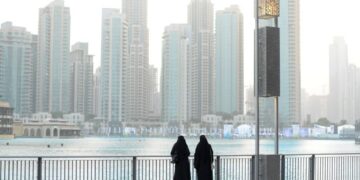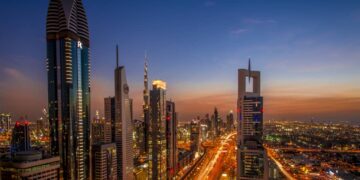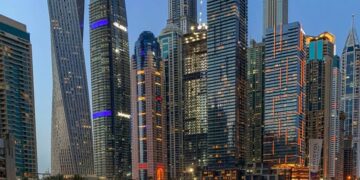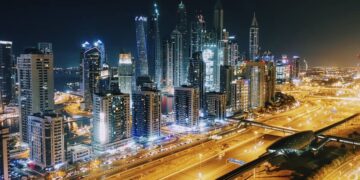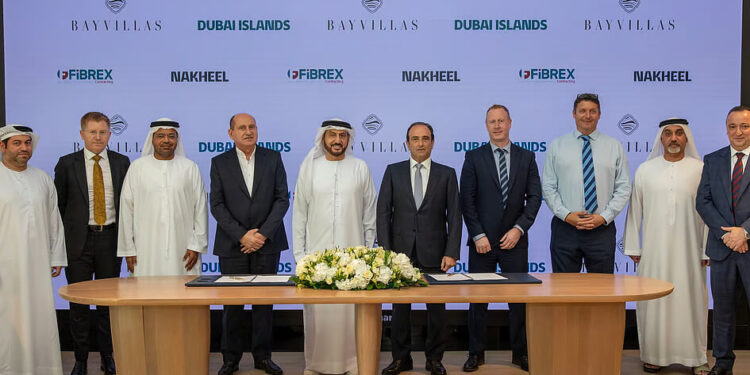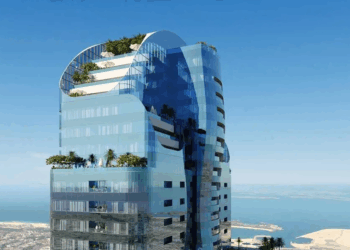According to research, a strong combination of population growth, investor confidence, and a constant intake of high-net-worth individuals propelled Dubai’s residential real estate market to previously unheard-of heights in the second quarter of 2025.
The emirate had over 50,000 residential sales, the largest quarterly volume ever recorded and a 21% year-over-year increase, according to Savills’ most recent research.
While off-plan purchases continued to be the mainstay of market activity, making up 70% of deals, apartments continued to dominate the scene, accounting for 80% of all transactions. From 68% in 2024 and 55% in 2023, this is a consistent increase, highlighting the increasing allure of new innovations.
With 53% of all transactions, Zone 6, which includes neighborhoods along the Al Khail corridor like Jumeirah Village Circle (JVC), Dubailand, and Damac Hills 2, was found to be the most active. Major developments like Emaar’s Parkwood and Danube’s Timez led the way, accounting for about half of all new residential launches in this area.
With more than 15,000 completed property purchases, the ready market demonstrated resiliency as well. Eighty-three percent of these transactions were of apartments, indicating a persistent trend toward more accessible and reasonably priced housing options. Townhouse and villa sales, meanwhile, remained consistent at about 10,000 per quarter.
Demand drove a spike in supply, with 20,000 units introduced in Q2 alone, a 66% increase over the same time last year. With 91% of all new launches being apartments, the supply is anticipated to grow in the future due to planned developments like Jebel Ali Racecourse and Jumeirah Golf Estates Phase 2.
With more than 2,500 properties sold for more above Dh10 million, Dubai’s elite residential market also experienced impressive growth, more than double the volume from Q2 2024. At 76% of high-value transactions, villas dominated the premium market, with off-plan transactions making up 80% of this sector. The best-performing villa communities were Acres, Palm Jebel Ali, and The Oasis.
The city’s residential stock increased by about 6,000 units throughout the course of the quarter, raising the H1 volume to 13,500. The robustness of Dubai’s supply pipeline is further demonstrated by the nearly 20,000 residential units that are scheduled for completion in H2 2025.
Government programs nevertheless support the market. By 2029, improved connection between important areas is anticipated thanks to the Dh20.6 billion Dubai Metro Blue Line, which will be launched in May 2025. In order to promote homeownership, the Dubai Land Department also launched the First Time Buyer Scheme, which offers incentives like discounted prices and adjustable payment schedules.
Capital values stayed high, with gains of up to 10% in excellent neighborhoods and an overall 4% appreciation in villas. Thanks to premium debuts and ongoing demand, apartment values remained stable year over year.
According to Henley & Partners, Dubai is expected to draw close to 9,800 millionaires by 2025, solidifying its position as a major international center for investment and wealth. Due to its excellent quality of life, low tax environment, and robust Golden Visa program, Dubai was ranked as the world’s best city for attracting and growing individual wealth by the Savills Dynamic Wealth Index.
The city’s governmental stability, business-friendly atmosphere, and strategic vision continue to position its residential market for prolonged expansion in spite of possible global economic challenges. “The emirate’s political stability, competitive regulatory landscape, and business friendly ecosystem are expected to support ongoing population and investment inflows,” the report, authored by Andrew Cummings, Head of Residential Agency Middle East and Rachael Kennerley, Director – Research at Savills, said.














